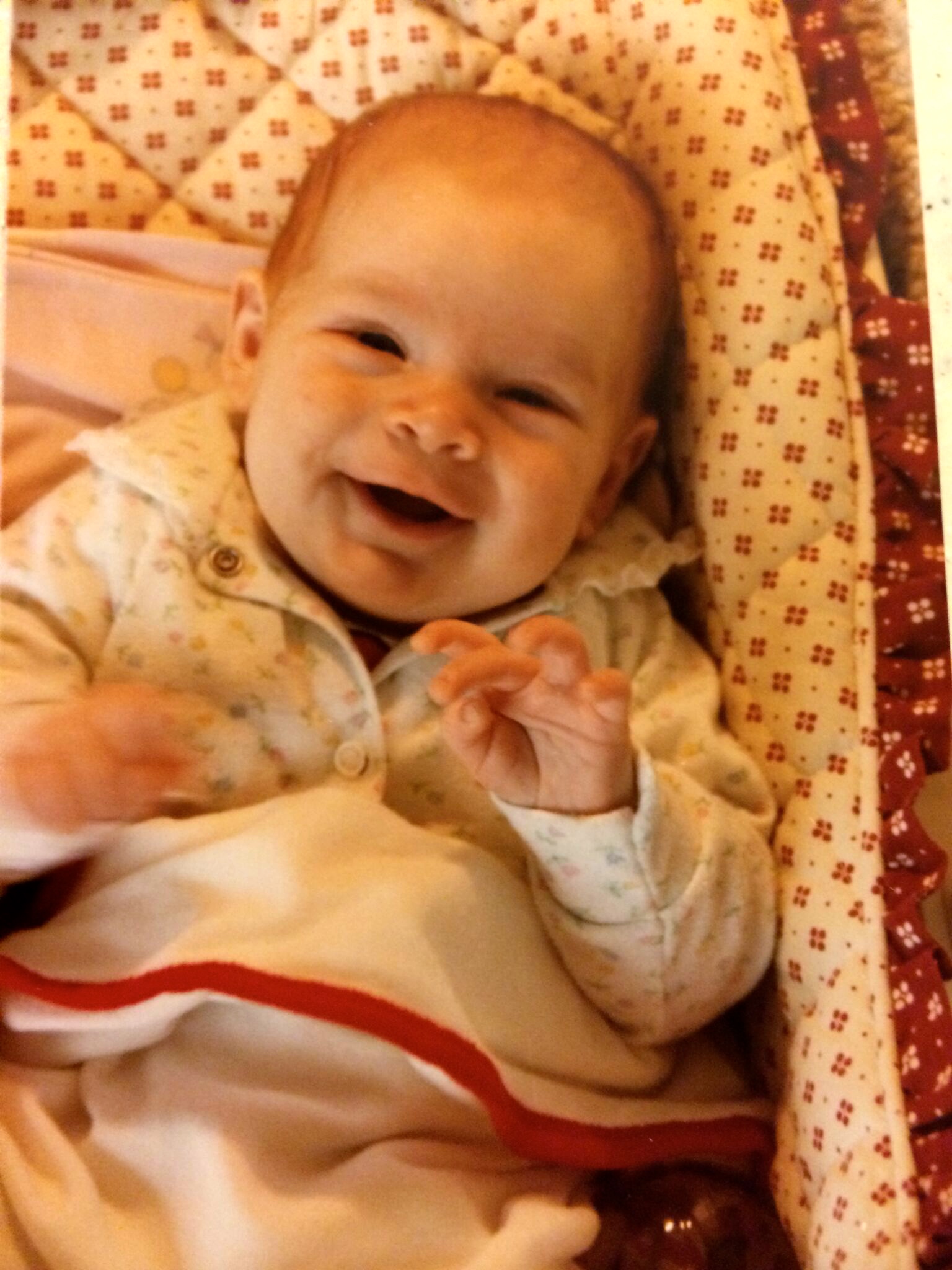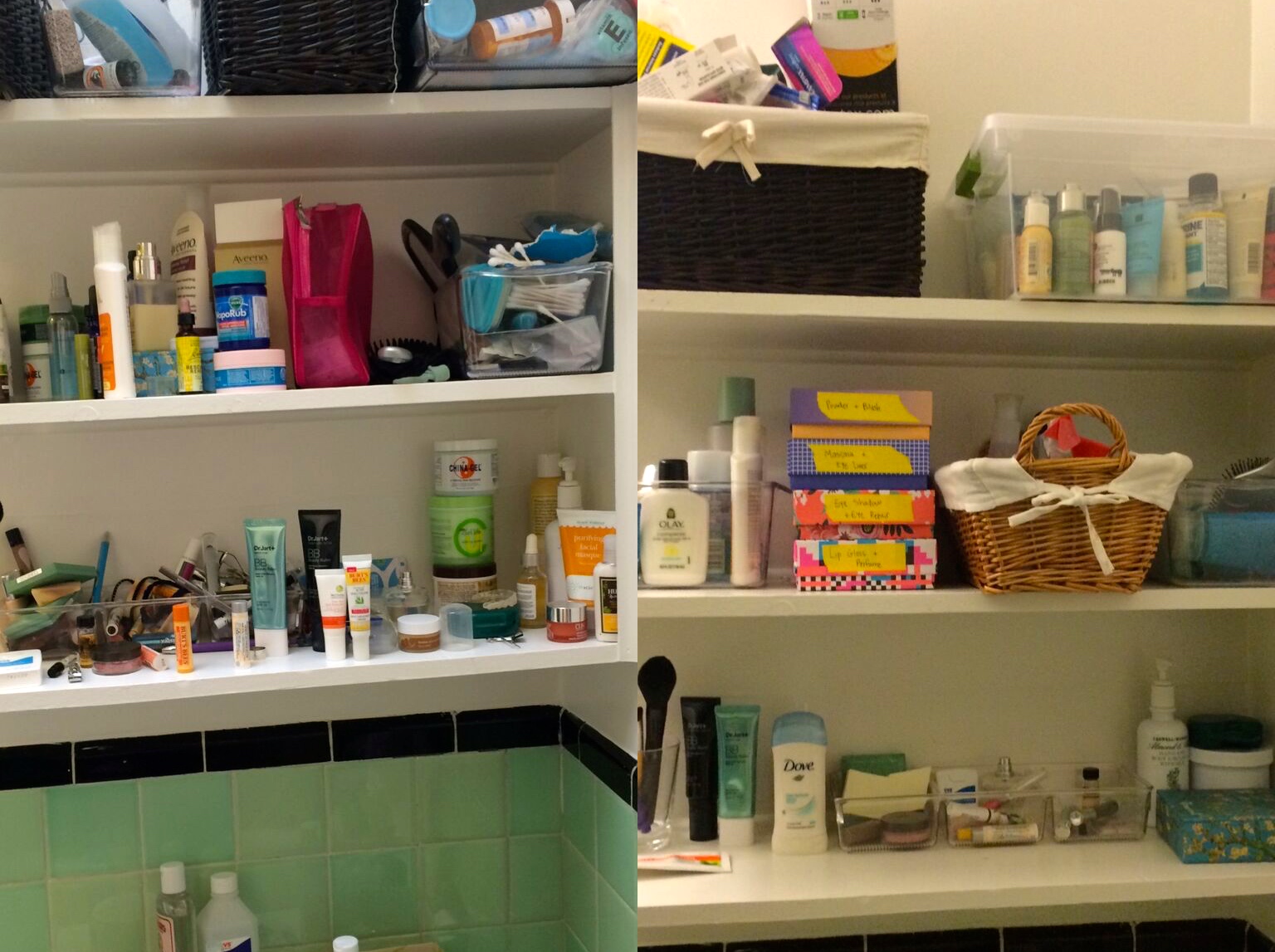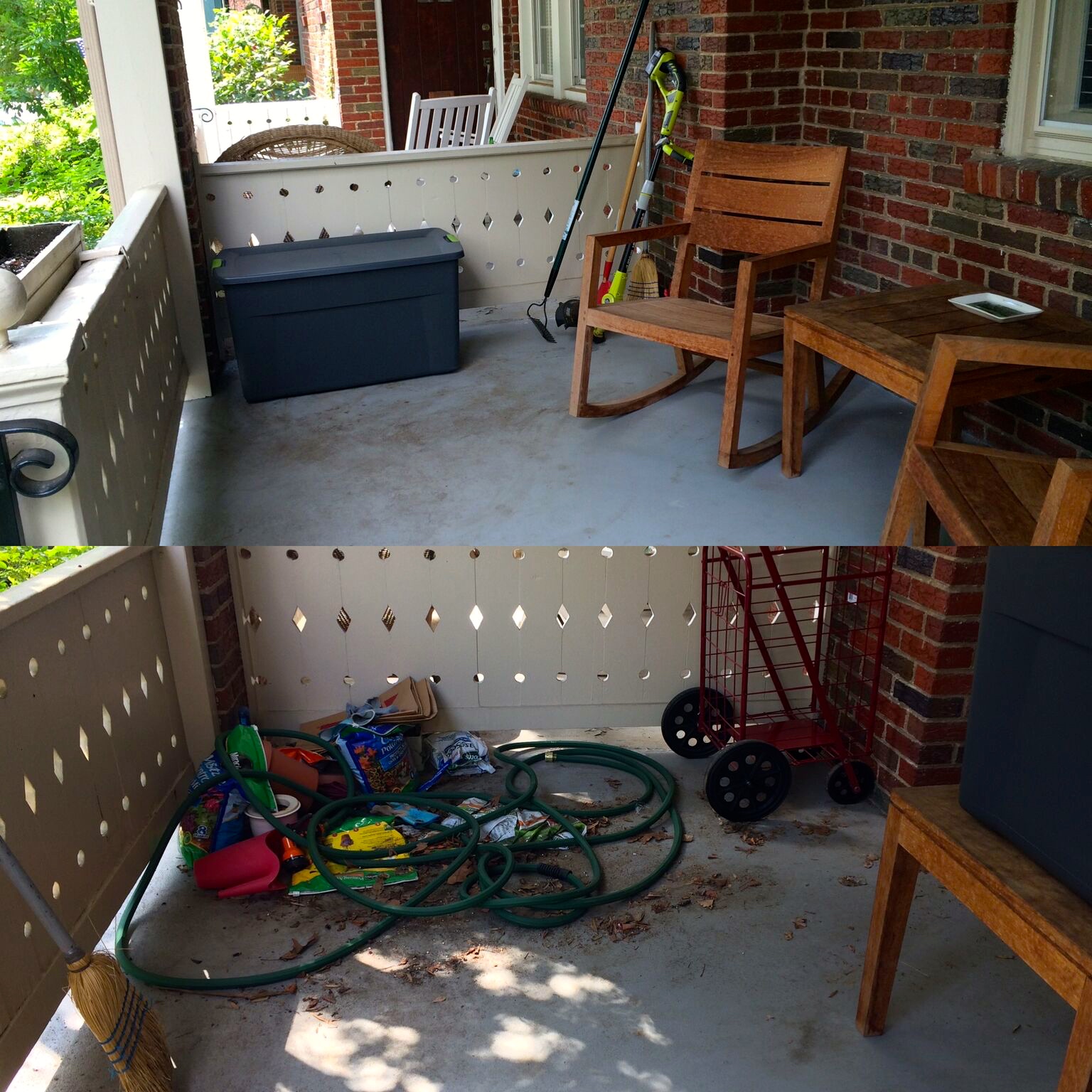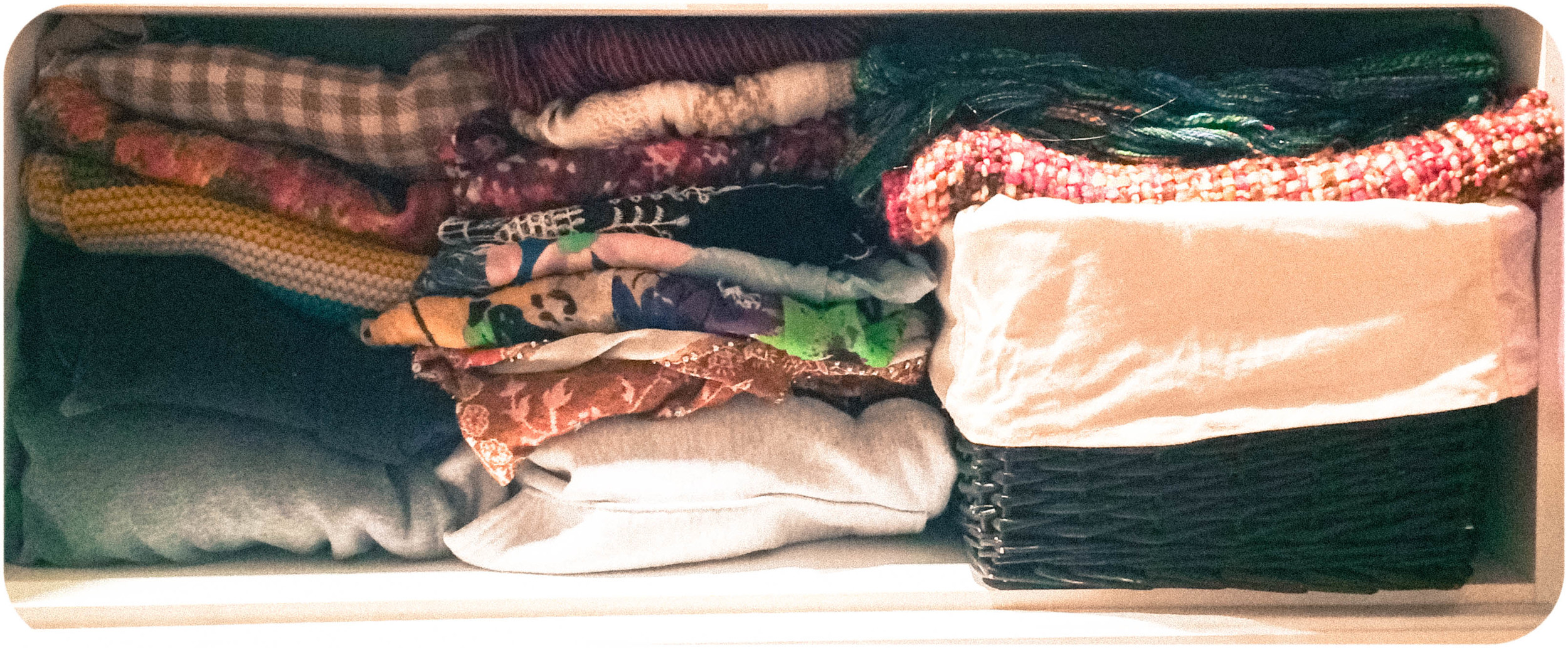My Next Decade
/Today is August 17, 2015. My next decade, the fourth, will begin two months from today. This is all too soon for my taste. Imminent, I say.
Something compels me to accomplish more than usual before the clocks strikes 6:34 pm (the moment of my birth, though how that is determined, I do not think I want to know just yet) on that very day. It is not as though I am going to die two months from now; no, I will only be turning thirty.
Lately I've been in a home organization and improvement stage. A frenzy, even. So far this summer, in July and August, I have:
- straightened up the basement and consolidated the piles of junk
- put away my teaching materials (that were sprawled all over the basement)
- shelved my teaching books (these were in bags on the floor)
- ordered frames (from this company called Framebridge that does it all for you, no less!)
- ordered art (from Lisa Congdon; from Great.ly, whose site navigation is less than optimal, but whose products I would otherwise never find; and from society6, which I stumbled upon while wilfing)
- purchased towels to replace the towels I used in high school and college (more accurately, allocated those towels to dog bathing duty)
- HAMMERED a nail into the wall and hung a scarf rack
- hung my scarves on that very rack
- ordered a jewelry stand so I stop losing earrings
- cleaned and organized the porch
- planted red impatiens (and remembered what they are called!)
- straightened up the book situation all around the house
- reorganized and even labeled items in my bathroom
- started a Pinterest board for children's books
OK, that last one is really not related to the rest, not at all. I just really like beautifully illustrated and meaningful children's books. Maria Popova, who runs the site Brainpickings, somehow, among all the other books she reads and writes about, finds amazing children's books like this one in which a cactus longs to be understood and hugged, and this one in which a girl tries to recapture her own heart after many years of feeling its loss.
I am learning how to use a crockpot. Attempt #3 was yesterday. I feel quite foolish for not discovering it sooner. On a different note, I am trying to embrace this mode of living--not giving a damn if validation comes my way or not. I may be trying to put forth a more concerted effort to wash dishes in a timely manner.
Also, I am trying to (once and for all!) figure out my personality by reading Me, Myself, and Us by Professor Brian R. Little. I haven't watched his talk yet; I can't sit still long enough. However, I'm almost finished with the book, and, so as not to spoil another post, will only reveal the following: I am a moderately self-monitoring introvert with relatively high levels of neuroticism and conscientiousness who possess free traits that conflict with my primary traits.
Over the next two months, I'll look at how this decade-commencing birthday is prompting me, and others, to consider and reconsider what we expect from ourselves and from society. What do birthdays make us do? What do they force us to consider, other than the obvious?
Let's be honest, though, I'm not going to become an early riser or learn how to hang curtains anytime soon.
























